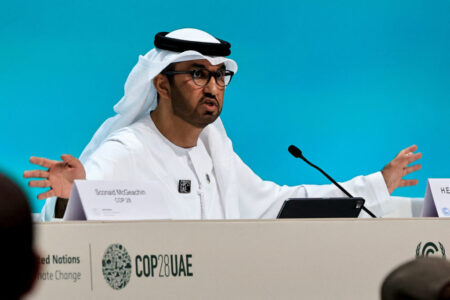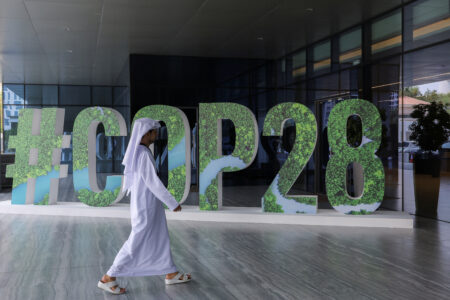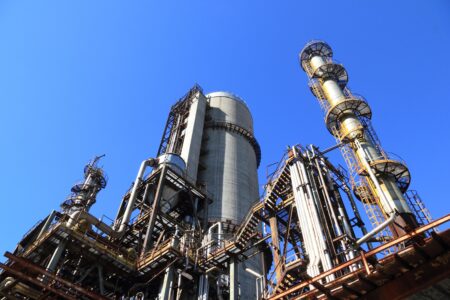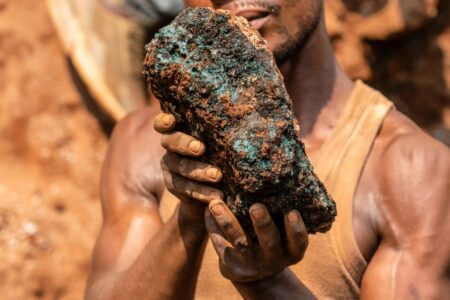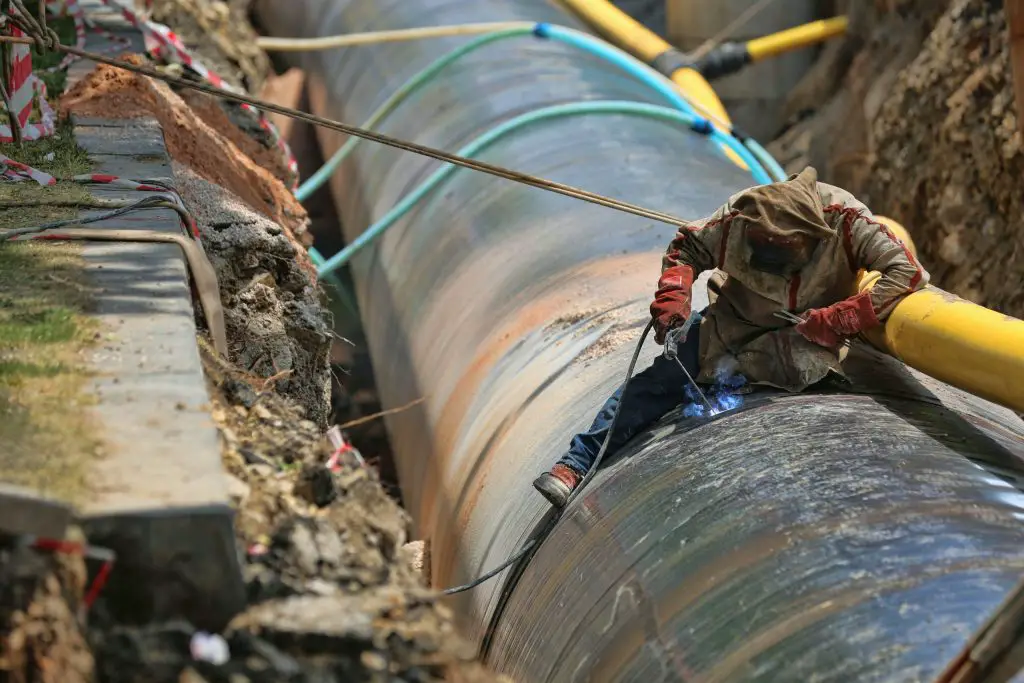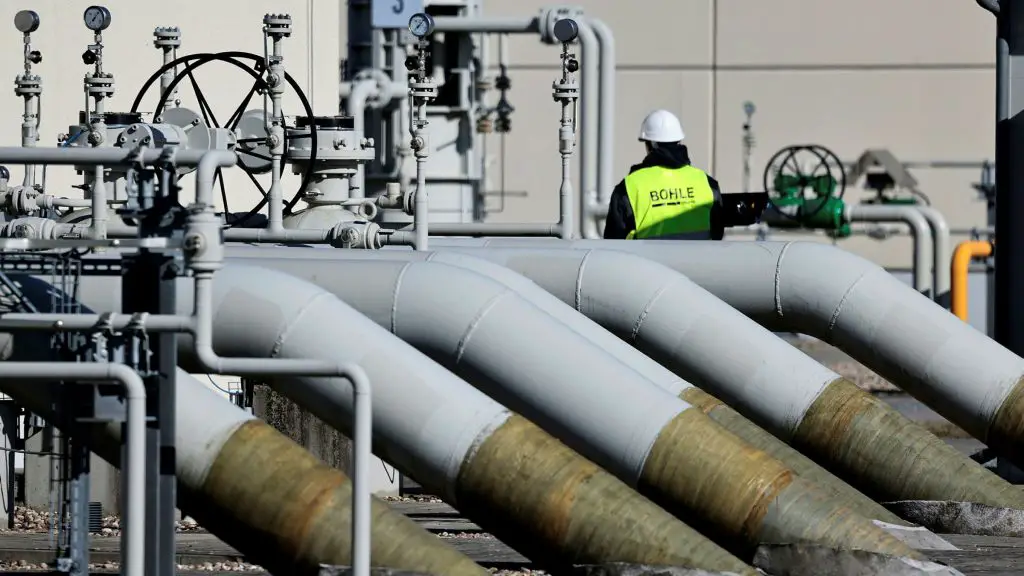- Africa’s new dawn: the rising role of digital and AI in agriculture
- Can Dangote Refinery Transform Africa Energy Ambition
- Gallup Survey: 80 per cent of Kenyan Workers Are Disengaged and Seek New Opportunities
- Madagascar Man Freed from 5KG Tumor After 15-Year Struggle
- How women in Africa are perceived and treated
- Sugar consumption in Kenya to Increase to 1.23 Million Tonnes
- Can Somalia and Turkey Oil deal Bring Change in Somaliland
- Remittances to Kenya dropped to $371.6 million in June, marking a six month low
Browsing: fossil fuels
- For the first time in climate summits, diplomats from nearly 200 countries at COP28 have agreed on a new global climate pact.
- While past United Nations climate deals called for countries to reduce emissions, they shied away from overtly using the words “fossil fuels.”
- Africa should be allowed to exploit its significant oil and gas reserves to develop its economies before transitioning to cleaner energy forms.
For the first time in climate summits, diplomats from nearly 200 countries at COP28 have agreed on a new global climate pact that clearly outlines the need to “transition away from fossil fuels,” including oil, gas, and coal that have been hazardously heating the planet.
The agreement was reached on the final day of the COP28 in Dubai, United Arab Emirates, following two weeks of intense negotiations in a year regarded as the hottest. European leaders and most nations most exposed to climate-fuelled …
- The reward for fixing the carbon credit trade could be enormous, especially for Africa’s energy transition.
- The $2 billion global trade in voluntary carbon markets (VCMs) has suffered from greenwashing allegations, with prices plummeting from the 2022 peaks.
- For some African climate-linked businesses, the successful functioning of the carbon credits market is not a nice one but is core to their operating strategy.
Highly indebted nations need all the financing available to support their energy transition and climate adaptation needs. With the developed world lagging on its climate funding pledges, market-based solutions provide a supplementary funding source.
Carbon credits, a tradeable instrument obtained when a tonne of carbon is avoided or withdrawn from the atmosphere, have always offered significant optimism. With swaths of carbon-capturing biodiversity in the global south, Africa has the supply, while the industrialised nations looking to offset their emissions have the demand. Buyers then channel the finances …
- Global oil and gas producers have remained under immense pressure to show more goodwill in the energy transition agenda.
- As this year’s climate summit enters its homestretch, the most intriguing question is whether the final accord will pledge to reduce fossil fuels.
- The oil and gas industry’s confidence has also caused tension with renewable groups and climate activists.
The 2015 Paris Agreement establishes measures and conditions requiring all member states to mitigate climate change through emission reductions. Further, Goal 7 of the 2030 Agenda for Sustainable Development calls for concerted efforts to ensure access to modern, cleaner forms of energy, while Goal 13 calls for action to combat climate change.
Consequently, the global energy transition is on the cards. There have been calls from the global north to the south for the world to find a proper compromise on energy needs even as climate change effects put sterner demands on …
- Around 200 countries have agreed on how to run the Climate Loss and Damage Fund to help vulnerable nations address more extreme weather conditions.
- Germany and the UAE have pledged $100 million each to the climate damages initiative.
- The World Bank will host the Climate Loss and Damage Fund on a trial basis.
Around 200 countries have agreed on how to run the Climate Loss and Damage Fund to help vulnerable nations address more extreme weather conditions. Consequently, rich nations have pledged at least $260 million to kickstart the program, making a breakthrough as global climate deliberations opened in Dubai, the United Arab Emirates (UAE).
Delegates at the COP28 summit on Thursday adopted a framework for the World Bank to host the Loss and Damage Fund following months of negotiations. This year’s host, the UAE, indicated it would contribute $100 million, adding another $100 million from Germany. The United Kingdom …
Africa’s oil and gas industry is entering a new era. The world is looking to fast-track its transition from fossil fuels. Consequently, this puts pressure on the continent’s oil and gas-producing nations. Most producing countries remain highly exposed to the global energy transition since their economies depend on oil and gas revenues. Similarly, their oil and gas reserves cost more to produce and, on average, remain more carbon-intensive than those from other regions.…
For Africa, energy security should come first due to the fact that the continent is the least polluter but it bears a disproportionate burden wrought on by climate change impacts. From 1850-2020, according to analysts, Africa’s global emissions contribution have remained below 3 per cent. However, the continent lost about 5– 15 per cent of GDP per capita growth annually from 1986 – 2015.
With the aggressive shift to clean energy, Africa risks even worse human and economic crises due to the multipronged dangers of climate change and the possible displacements caused by mining activities.
Already, climate change-related catastrophes have triggered internal displacement of 2.6 million people going by 2021 estimates. Violence and displacement are some outcomes of climate-related disasters which leaves millions facing acute food shortages and increasing vulnerability. If mining in the DR Congo, and Africa at large, continues as it has for decades, then the displacements, hunger …
What is good for the goose must also be good for the gander. However, the EU commission has commissioned the Baltic pipe project, somewhat similar to the EACOP. The Baltic Pipe project was inaugurated on September 27, 2022, at an opening ceremony in Goleniów, Poland.…
Most African natural gas and oil sources lie in sub-Saharan Africa, including Nigeria, which possesses around one-third of the continent’s reserves, and Tanzania, opportunities Germany should seize.
The proposed Trans-Saharan pipeline would transport gas from Nigeria to Algeria via Niger, traversing a vast, ungoverned area. The proposed pipeline, if built, will connect to the current Galsi, Medgaz, Maghreb-Europe, and Trans-Mediterranean pipelines, which supply Europe from transmission centres on Algeria’s Mediterranean coast.
The Trans-Saharan pipeline would be almost 2,500 miles long. It could send up to 30 billion cubic meters of Nigerian gas to Europe yearly, roughly two-thirds of Germany’s Russian imports in 2021. Unfortunately, the Trans-Saharan pipeline will likely take a decade or more to complete and will face several hurdles as it passes through war and insurgency-ridden areas.…





